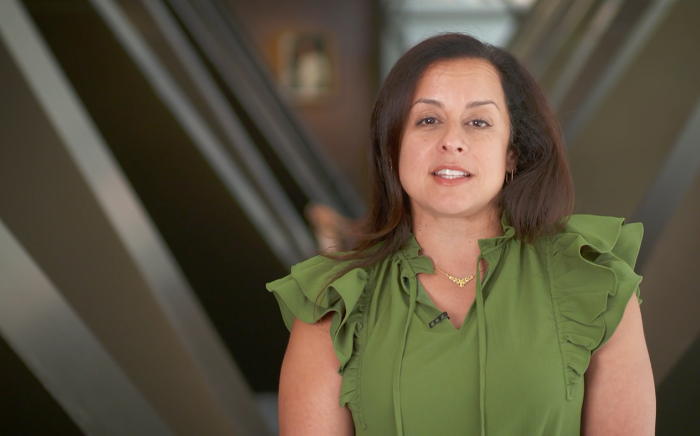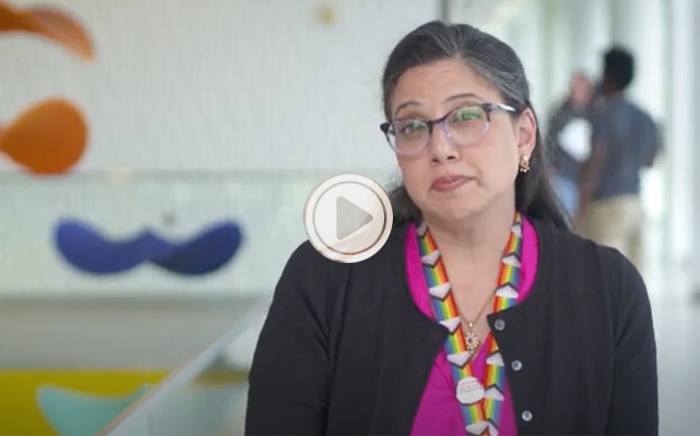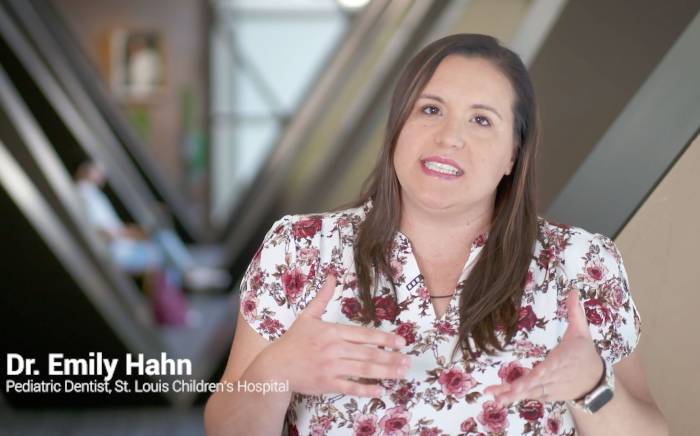What is renal failure?
Renal failure refers to temporary or permanent damage to the kidneys that results in loss of normal kidney function. There are two different types of renal failure—acute and chronic. Chronic renal failure progresses slowly over at least three months and can lead to permanent renal failure.
Conditions that may lead to chronic renal failure may include, but are not limited to, the following:
- A prolonged urinary tract obstruction or blockage.
- Alport syndrome—an inherited disorder that causes deafness, progressive kidney damage, and eye defects.
- Nephrotic syndrome—a condition that has several different causes. Nephrotic syndrome is characterized by protein in the urine, low protein in the blood, high cholesterol levels, and tissue swelling.
- Polycystic kidney disease—a genetic disorder characterized by the growth of numerous cysts filled with fluid in the kidneys.
- Cystinosis—an inherited disorder in which the amino acid cystine (a common protein-building compound) accumulates within specific cellular bodies of the kidney, known as lysosomes.
What are the symptoms of renal failure?
The symptoms for acute and chronic renal failure may be different. The following are the most common symptoms of chronic renal failure. However, each child may experience symptoms differently.
Chronic symptoms may include:
- Poor appetite
- Vomiting
- Bone pain
- Headache
- Stunted growth
- Malaise
- High urine output or no urine output
- Recurrent urinary tract infections
- Urinary incontinence
- Pale skin
- Bad breath
- Hearing deficit
- Detectable abdominal mass
- Tissue swelling
- Irritability
- Poor muscle tone
- Change in mental alertness
The symptoms of acute and chronic renal failure may resemble other conditions or medical problems. Always consult your child's physician for a diagnosis.
What is the treatment for chronic renal failure?
Specific treatment for renal failure will be determined by your child's physician based on:
- Your child's age, overall health, and medical history
- The extent of the disease
- The type of disease (acute or chronic)
- Your child's tolerance for specific medications, procedures, or therapies
- Expectations for the course of the disease
- Your opinion or preference
Treatment of chronic renal failure depends on the degree of kidney function that remains. Treatment may include:
- Medications (to help with growth, prevent bone density loss, and/or to treat anemia)
- Diuretic therapy or medications (to increase urine output)
- Specific diet restrictions
- Dialysis
- Kidney transplantation
For more information or to schedule an appointment, call 314.454.5437 or 800.678.5437 or email us.












